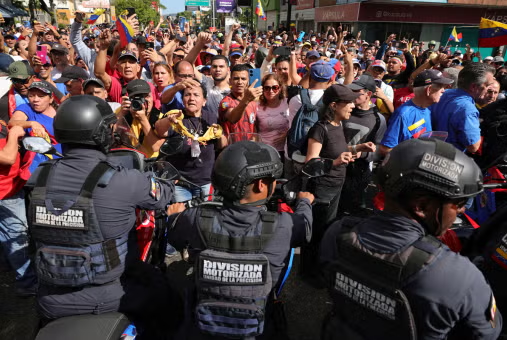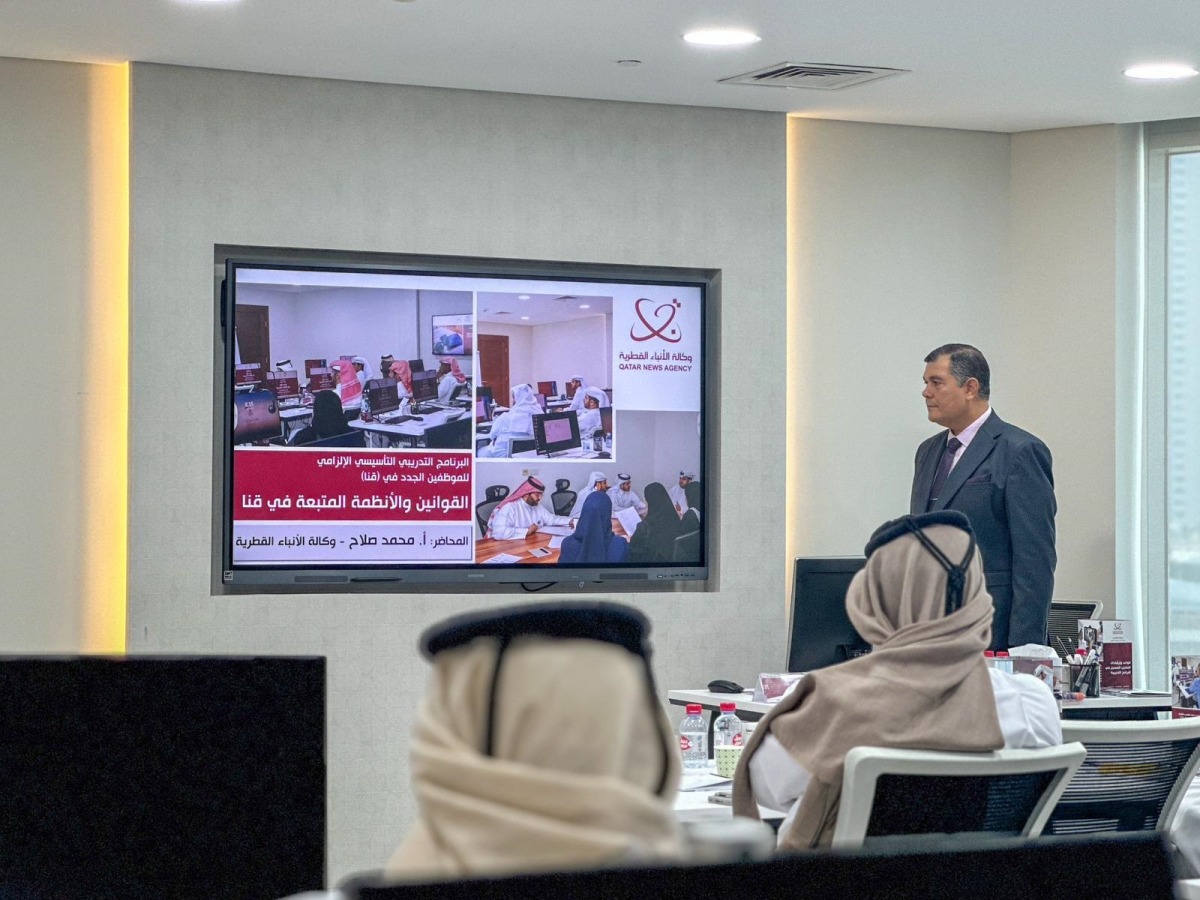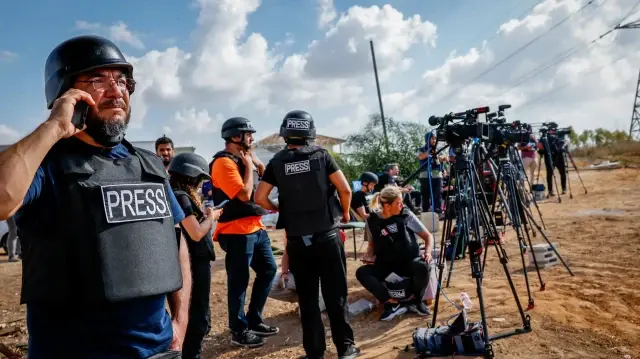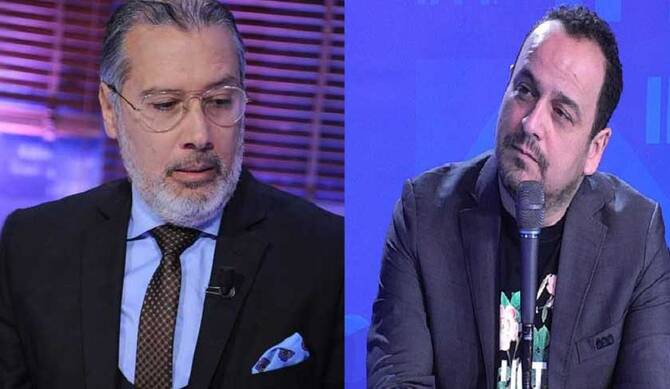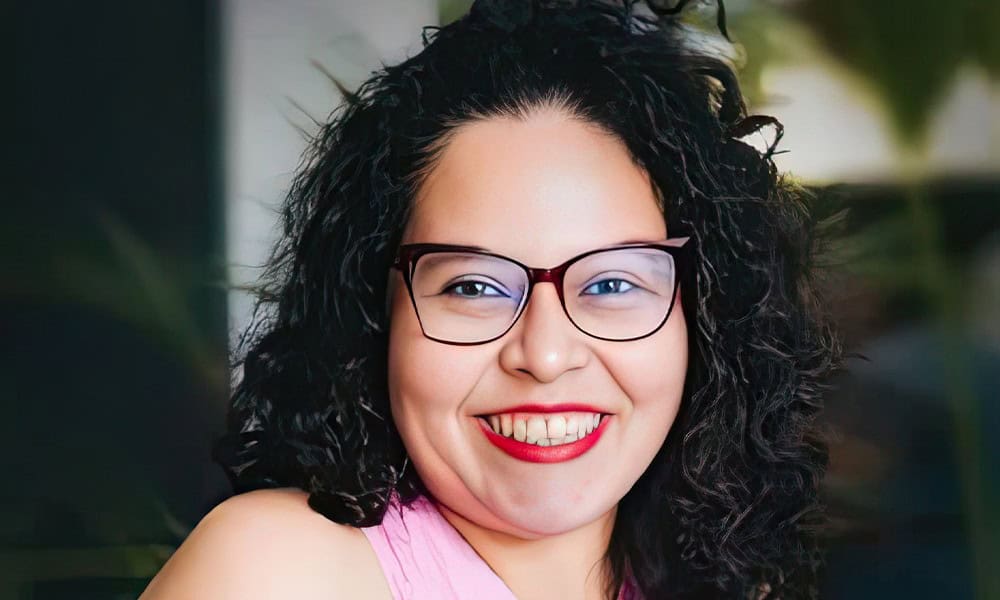
46 Nicaraguan Journalists Forced into Exile in 2024 Amid Worsening Crackdown
January 13, 2025
Turkish Journalist Fatoş Sarıkaya Assaulted by Police While Covering Protests
January 13, 2025January 13, 2025 – Venezuela –
As Venezuelan President Nicolás Maduro was sworn in for a controversial third term on January 10, 2025, the country witnessed an intensified wave of repression targeting journalists and digital media, accompanied by significant legal consequences.
In the days surrounding the inauguration, at least four journalists were detained while covering opposition demonstrations in cities like Maracaibo, where press freedom organizations recorded multiple arrests and violent incidents. Journalist and human rights defender Carlos Correa, director of Espacio Público, was among those seized by hooded agents on January 7 and disappeared for over a week before being released on January 16 under unclear legal constraints. His detention and sudden disappearance sparked outrage from Amnesty International and other groups, accusing authorities of politically motivated arrests ahead of the inauguration.
Beyond arrests, the Maduro government heavily restricted internet access. Authorities implemented widespread digital censorship, blocking independent news outlets and platforms like TikTok and VPN services. Internet service providers, including CANTV and private ISPs, enforced these restrictions, disrupting access to critical information. This digital blackout aligned with a pattern of media suppression documented before and during the politically sensitive period.
The crackdown also follows an established pattern of authoritarian control known as “Operation Tun Tun”—a door-to-door campaign aimed at silencing dissent through intimidation and arbitrary arrests. Since the July 2024 election, more than 2,000 people have been detained, including journalists and civil society activists accused of terrorism and hatred under repressive legal frameworks.
This convergence of tactics—detentions, digital censorship, and population monitoring—paints a disturbing picture: a government systematically silencing the press and shrinking civic space. The arbitrary targeting of media professionals and platforms perpetuates a climate of fear, pushing many journalists into exile or self-censorship.
Demands are growing from human rights groups for the unconditional release of detained journalists, restoration of digital freedoms, and repeal of laws used to criminalize dissent. Without sustained pressure and legal reform, freedom of expression in Venezuela risks being permanently eroded under Maduro’s increasingly authoritarian regime.
Reference –
Venezuelan journalists detained, censored as Maduro takes oath

